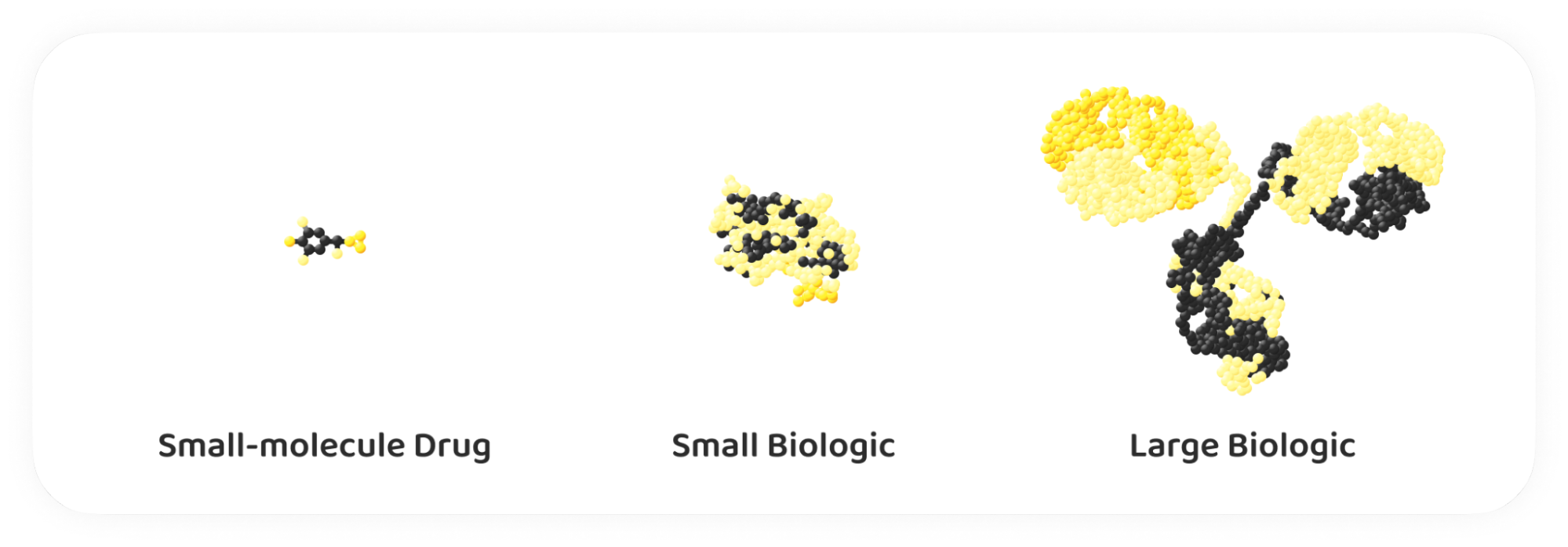Source: https://www.nationalmssociety.org/Treating-MS/Medications/Generic-and-Biosimilar-Medications
Approval Process
The approval process for generic drugs is relatively straightforward and generally requires only bioequivalence studies. These studies are designed to prove that the generic drug has the same active ingredients and works in the same way as the brand-name drug, focusing mainly on ensuring that the drug reaches a similar concentration in the bloodstream and at a similar rate as the original.
Biosimilars, however, undergo a rigorous approval process that mirrors many of the same stages required for the originator biologics. This includes extensive quality assessments and both non-clinical and clinical studies. Non-clinical evaluations involve in vitro and, if necessary, in vivo studies to assess biological activity. Clinical studies for biosimilars focus on pharmacokinetics and pharmacodynamics, similar to the originator, but typically do not require Phase II trials.
Both the originator and the biosimilar must undergo Phase III clinical efficacy and safety trials to ensure therapeutic equivalence and safety. Furthermore, both are subject to ongoing pharmacovigilance to monitor safety and effectiveness post-approval.
Interchangeability
When it comes to Switzerland, the substitution of biologics with biosimilars presents a distinct regulatory approach compared to generic medications, as the interchangeability of biosimilars with reference biologics is a bit more complex.
As of January 2024, Swiss legislation has been revised to allow pharmacists to substitute biologics with biosimilars with the same active ingredient, under specific conditions outlined in the Health Insurance Act. This marks a significant shift, as previously, only prescribing doctors could initiate such substitutions based on a detailed assessment of individual patient needs and the therapeutic equivalence of the biosimilar.
However, despite this legal allowance for pharmacist-led substitution, it is important that both pharmacists and prescribing healthcare providers closely monitor patient responses and consider any potential risks or benefits.
This careful consideration is essential because even slight variations in the biosimilar manufacturing process can influence patient outcomes. As such, while pharmacists are now empowered to make these substitutions, the overarching guidance from Swissmedic underscores the need for patient-specific assessment in the interchangeability of biosimilars.




